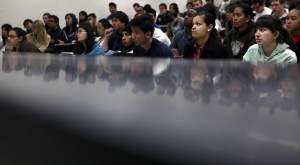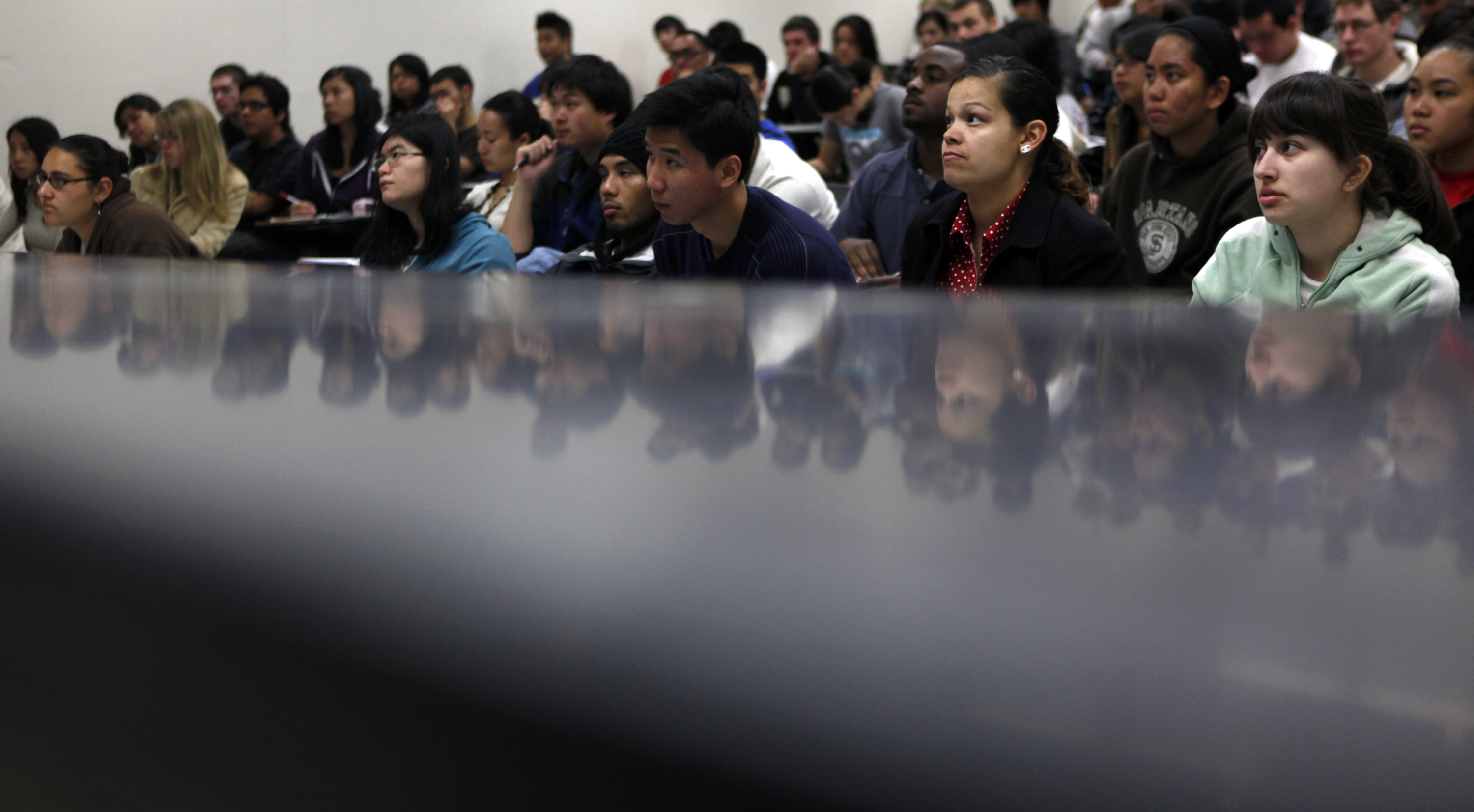A strong background in general education is the foundation for becoming a balanced and effective scholar.
General Education (GE) curriculum is designed to provide both breadth and depth of knowledge while pursuing a degree. At any level of learning, GE is necessary as you advance toward a goal, and it can be introductory or integrative. GE broadens the scope of understanding the world, how we came to exist and what lies ahead.
GE is often viewed by students as “courses they have to take” and see any need for further knowledge in GE as being redundant or unnecessary. Students may also contend that the time spent taking GE classes is wasteful of time and money and feel the knowledge most likely will not have any further application in their career.
They are wrong.
· Without English or reading courses, how will you increase your comprehensive skills, complete your dissertation, carry your weight in a conversation with a peer, teach or mentor?
· Without math, how will you determine your goals for financial security, be able to read a graph, or follow the stock market?
· Without science, how will you ever satisfy your curiosity about how your own body functions or the natural world and how it works?
· Without technology, you can forget about being a part of tomorrow.

During a recent conversation with Martin Japtok, associate professor of English, mentioned the need for education as being “something much more comprehensive than acquiring a narrow set of skills that’s supposed to serve in the pursuit of a salary.” Japtok believes the attitude of resentment against GE comes from the misconception that education means “work force development.”
“Higher education has to be something different, have higher goals and higher aims,” Japtok said. He added that it’s not the job of a higher education system to produce a workforce with only technical skills.
Japtok said, “It’s our job (as teachers) to transmit to students that those very simple ideas, that no knowledge is ever wasted” and education is about learning to think for yourself and not just a narrow transmission of technical skills.
The U.S. Department of Education’s (USDE), National Center for Education Statistics (NCES) and the international Organization for Economic Co-operation and Development (OECD) released on October 2013 data obtained by the Program for the International Assessment of Adult Competencies (PIAAC). The study was an assessment of skills in three domains: literacy, numeracy and problem solving in technology-rich environments. There were 165,000 working age adults (representing more than 724 million working-age adults in 23 countries) used in the assessment.
The results showed that U.S. adults scored below the international average in all three domains. U.S. adults were slightly below average in literacy, near the bottom in numeracy, and at the bottom in problem solving in technology-rich environments.
The point here would be that speaking from a global perspective “possessing a degree does not automatically translate into possessing a set of skills for the 21st century,” per the PIAAC.
It’s difficult to believe that with all our colleges and universities across the U.S. that we still fall short in global assessments. Should the U.S. re-think the curricula in schools and colleges to include more GE courses? Is it the responsibility of the student to consciously make an effort to absorb, retain and apply the information being taught?
Applying knowledge obtained from GE should be a perpetual process. Acquiring skills and knowledge without using them results in losing those skills (use it or lose it theory).
In a discussion regarding the need for prerequisites, Berta Cuaron, vice president of instruction, said “there’s research and data to show that when a perquisite is used for a particular course there’s good data behind it.” This shows the likelihood for a student to succeed is significantly better.
Today there’s a trend developing for more perquisites “because the students that come to the college are not as well prepared as they should be,” Cuaron said. The conversation turned to the controversial subject of Common Core Standards (CCS) and how this might change college entrants.
The purpose of CCS is to prepare primary and secondary school students for college. This would change the curriculum or prerequisites in the future.
“Students will come better prepared and with a whole different set of expectations of how they’re going to learn,” Cuaron said. She also said that CCS is “something the community colleges will have to watch closely.”
If GE classes were needed to be revised and/or curricula added, this won’t be determined for several years. Teaching a new set of CCS for math and English is still an inconsistent and uncertain process that varies from school to school and teacher to teacher.
A strong background in general education is the foundation for becoming a balanced and effective scholar. For now, it’s your responsibility to learn as much as you can – beyond what’s required.
As L. Frank Baum says “No thief, however skillful, can rob one of knowledge, and that is why knowledge is the best and safest treasure to acquire.”
Image Sources
- California Education Budget Protest: Pauline Lubens/San Jose Mercury News/MCT | Used With Permission

